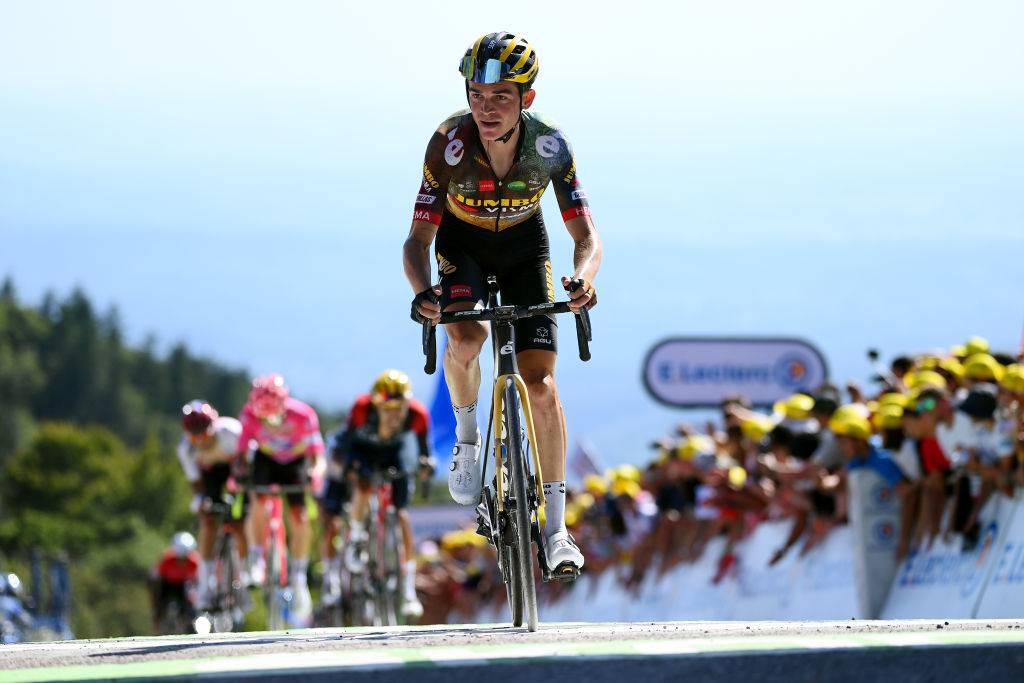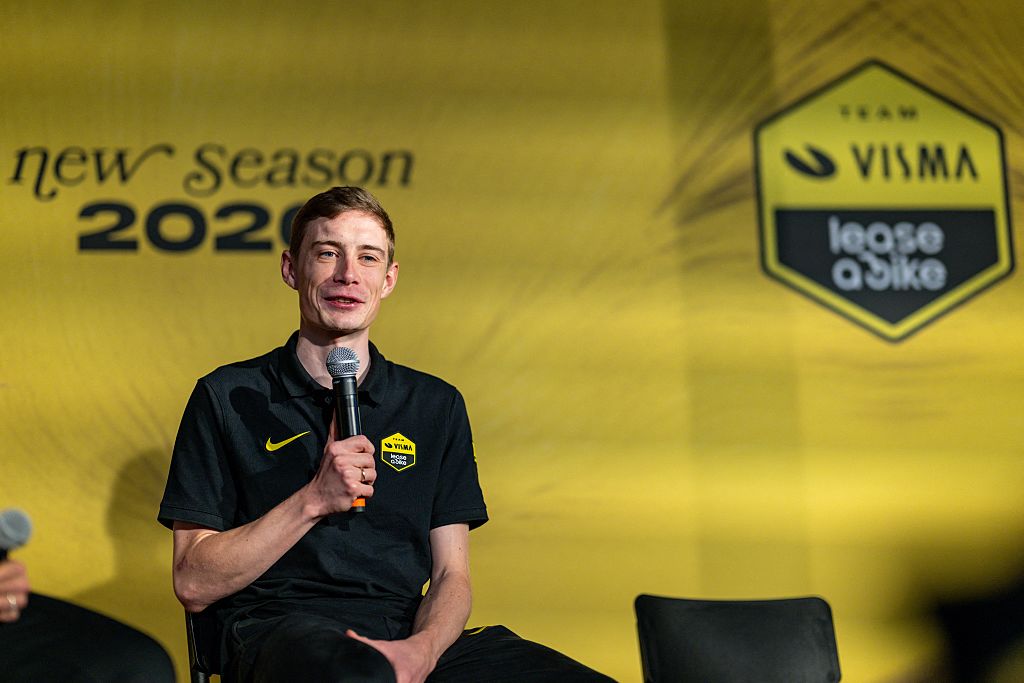Kuss predicts 'one of many' Tour de France showdowns on Granon
Jumbo-Visma racer says climb is an excellent opportunity for team leader Vingegaard

The latest race content, interviews, features, reviews and expert buying guides, direct to your inbox!
You are now subscribed
Your newsletter sign-up was successful
As the clock ticks down towards the first major Alpine mountain battle of the Tour de France on Wednesday, American climber Sepp Kuss (Jumbo-Visma) has bluntly described stage 11 and the final ascent of the Col de Granon, as "the hardest climb of this Tour."
"But with a final climb so hard, only the best will come out on top in the end" Kuss warned after what was, barring the climate change protest, a largely uneventful stage 10 for the GC contenders. "It'll be one of many showdowns in this year's race."
The little-known ascent of Granon, 11.3 kilometres long, reaching 2,400 metres above sea level, and with an average gradient of over 9%, was last tackled in the Tour de France in 1986.
Although it is in no way as famous as Alpe d'Huez, tackled Thursday, Kuss' team leader Jonas Vingegaard (Jumbo-Visma) is currently Tour de France leader Tadej Pogačar's closest pursuer on GC. Kuss agreed the Granon is the kind of climb that suits Vingegaard down to the ground.
"It's long, it's steep, it goes up to altitude and it's the hardest climb of this Tour, so I hope we can do something.
"I've never ridden it, but I think the [other] guys did a recon after the Dauphiné."
So far, Kuss argued, the Tour has gone well for Vingegaard, in the sense that "in the first week we didn't lose big time anywhere, just little bits, and with stage wins from Wout it was a pretty good week."
The latest race content, interviews, features, reviews and expert buying guides, direct to your inbox!
"And now it's the important part of the race, where the really big differences are made.
"Hopefully I'll have good legs tomorrow, but so far I'm feeling good, so I hope I can help out."
Kuss certainly has had that role in the past. In 2021, after Primož Roglič crashed out, he was one of the few support riders left for Vingegaard, as well as being in a position to take his own stage win in Andorra towards the end of the second week.
Kuss says that he was not overly surprised that Pogačar was prepared to lose the yellow jersey on stage 10 to Bora-Hansgrohe, because as he pointed out, "They paced it enough to keep it. But either way tomorrow it's still the same situation. Even if they hadn't kept it, they'd have still had to ride hard tomorrow."
As for the one disruption on the day's stage, Kuss said the protest had had little impact on the main peloton, stopped at some distance from the demonstrators. Although, he said with a grin, "It's always hard to get started again and refocus."
But regardless of the roadside distractions on Wednesday, with the two big Alpine stages on the point of taking place, Kuss certainly has plenty to think about looking ahead, too, and he will expect to be in the thick of the battle very soon indeed.
Alasdair Fotheringham has been reporting on cycling since 1991. He has covered every Tour de France since 1992 bar one, as well as numerous other bike races of all shapes and sizes, ranging from the Olympic Games in 2008 to the now sadly defunct Subida a Urkiola hill climb in Spain. As well as working for Cyclingnews, he has also written for The Independent, The Guardian, ProCycling, The Express and Reuters.

